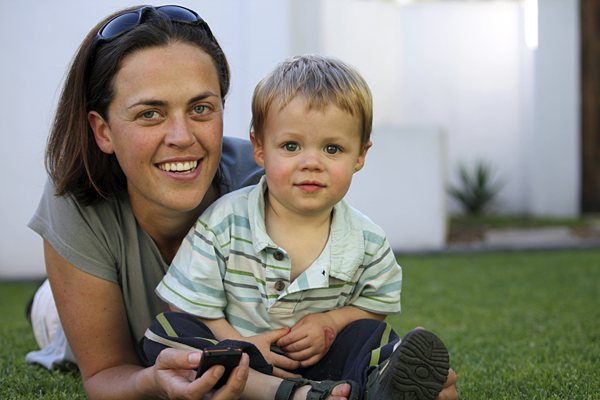Self-confidence is a belief in one’s own abilities. Children are not born with self-confidence. In many ways, they are a blank slate waiting to be written upon.
I have four granddaughters. Some of the girls have more confidence than the others. Each of them have wonderful loving parents (my children) and are encouraged when they do something well or try new things. Of course, all children, even from the same family, are individuals, and may need different methods to encourage them to become more self-confident.
For example, my youngest granddaughter always wants to do the right thing but seems to have a difficult time doing so. When she fails, she feels bad. She is also stubborn and willful–a tough combination for a person who wants to be good. She seems to demand and receive more attention than the others. Her parents have found that taking the time to teach her how to do things for herself certainly helps her self-confidence. They also try to give her lots of personal attention.
Then there are those children who have an abundance of confidence. I have another granddaughter who has too much confidence and tends to hurt herself because she thinks she can do anything. When she wants to skate board down a steep incline, for instance, her parents let her know that she could get hurt and maybe even have to go to the hospital. It does stop her from leaping from tall buildings but she still jumps off staircases.
My oldest granddaughter, a typical teenager, is messy, talks back, and thinks she is smarter than everyone else. However, she came into the world with a lot of self-confidence and has always been a leader.
There are many ways that we, as parents, grandparents, educators and child care givers, can help develop self-confidence and self-esteem in children. Here are some examples:
Take an interest in the activities a child is interested in and listen to them as if they were the expert.
When your child is upset, reassure her that everything will be fine and redirect her to what I call happy thoughts. When one of my granddaughters has a bad dream or can’t go to sleep, we talk about happy thoughts of special days coming up; birthdays, vacations, or family get-togethers.
Build on you child’s good points and encourage her efforts.
Try to see things from her point of view — walk around in her shoes. Be a good listener.
Let her make her own mistakes and learn from them. Help your child revisit her experiences and discuss different ways to resolve problems.
Teach acceptable social behaviors. We should want to raise children who exhibit kindness and are well-liked by others.
Self-confidence is not a given. Neither is success. It is important to raise our children to look failure in the eye and move on to enjoy their successes. In my mind that is what good parenting is all about.
-Annie Davis
